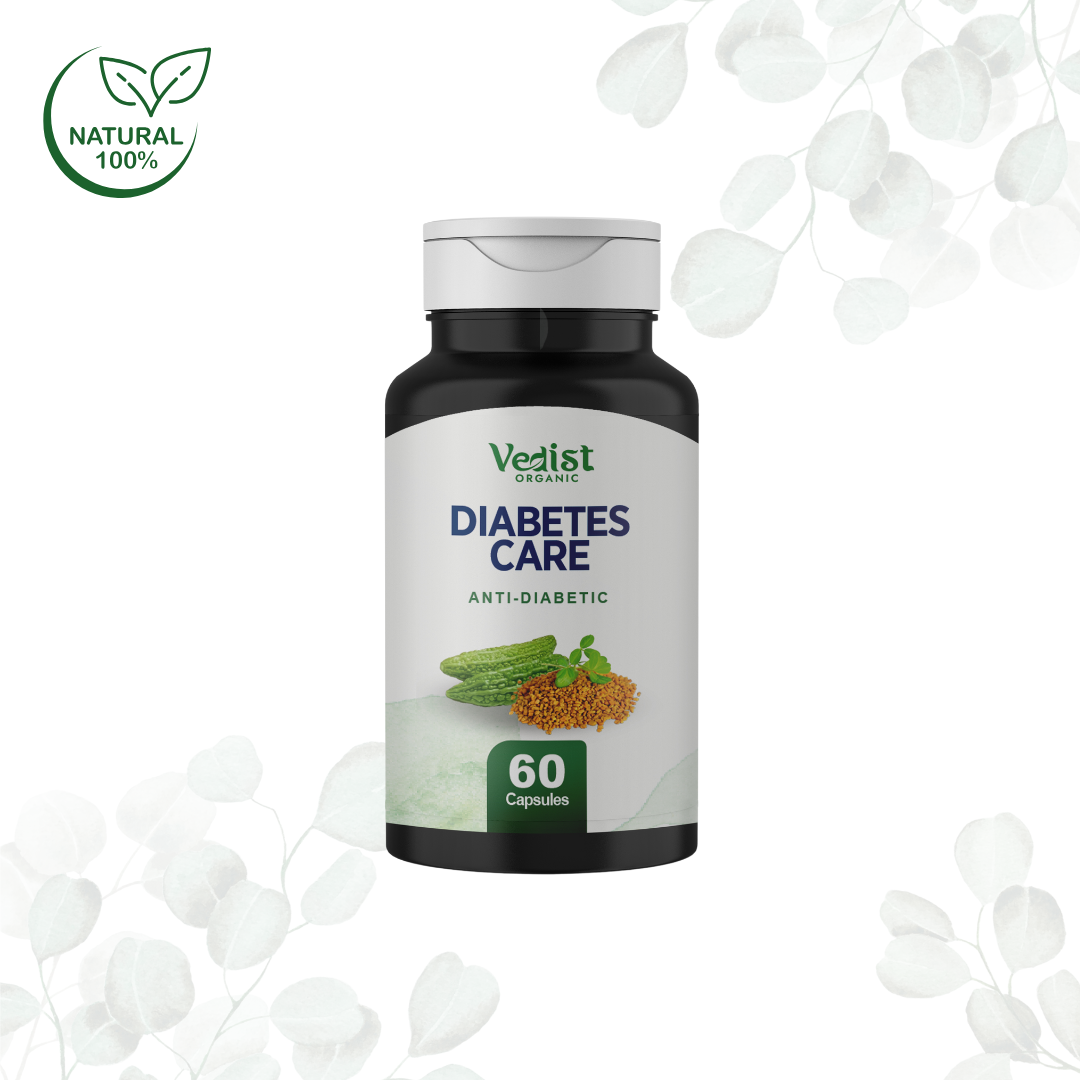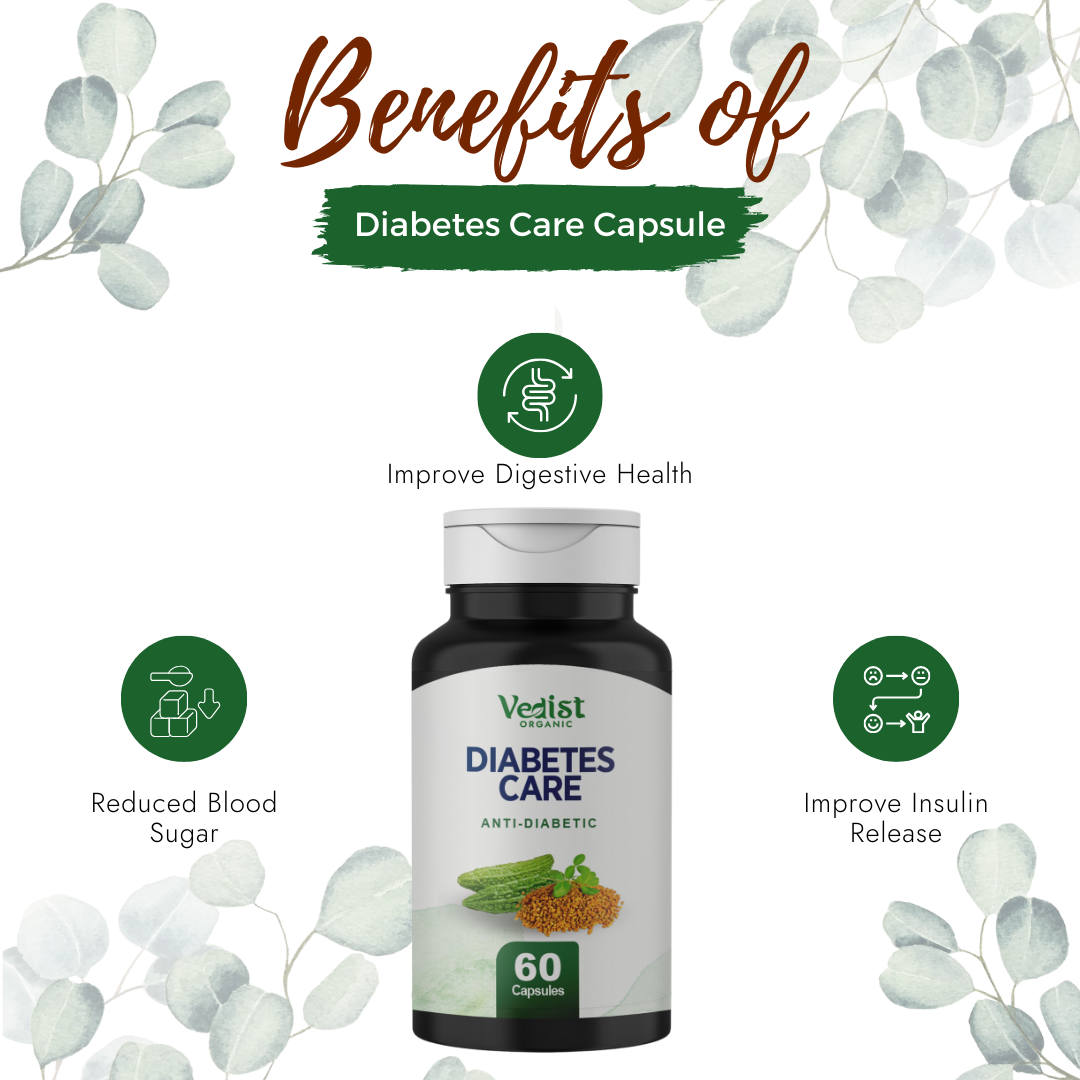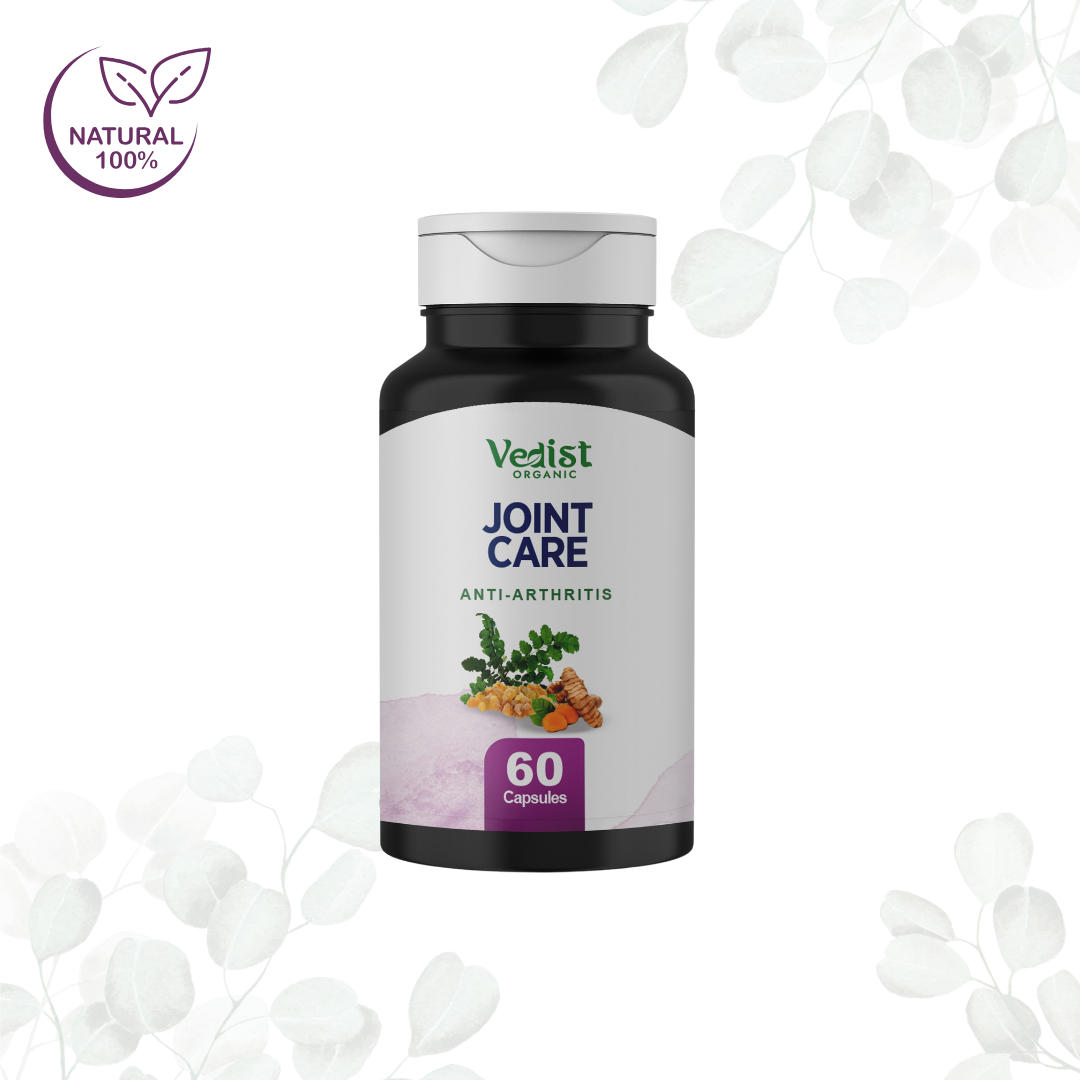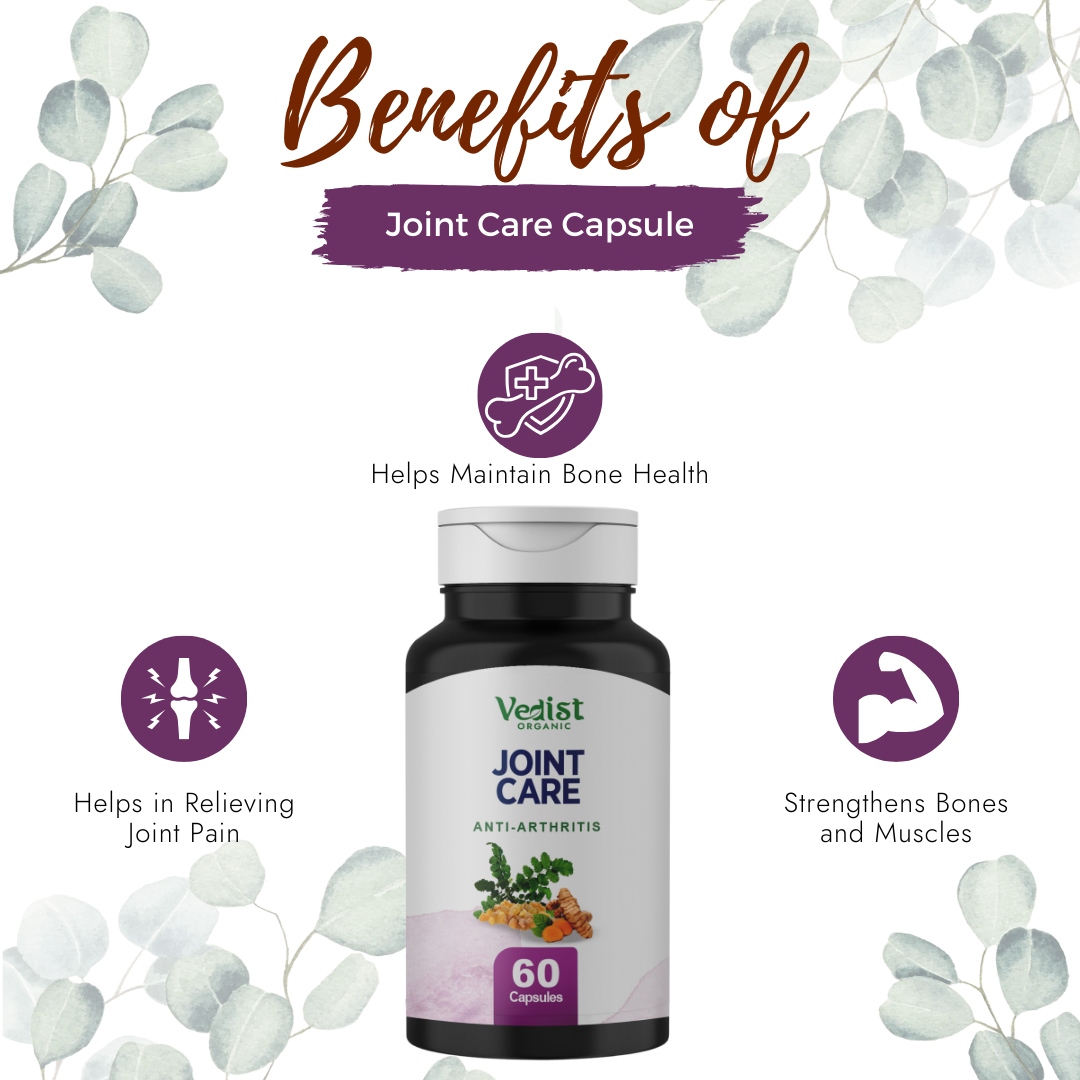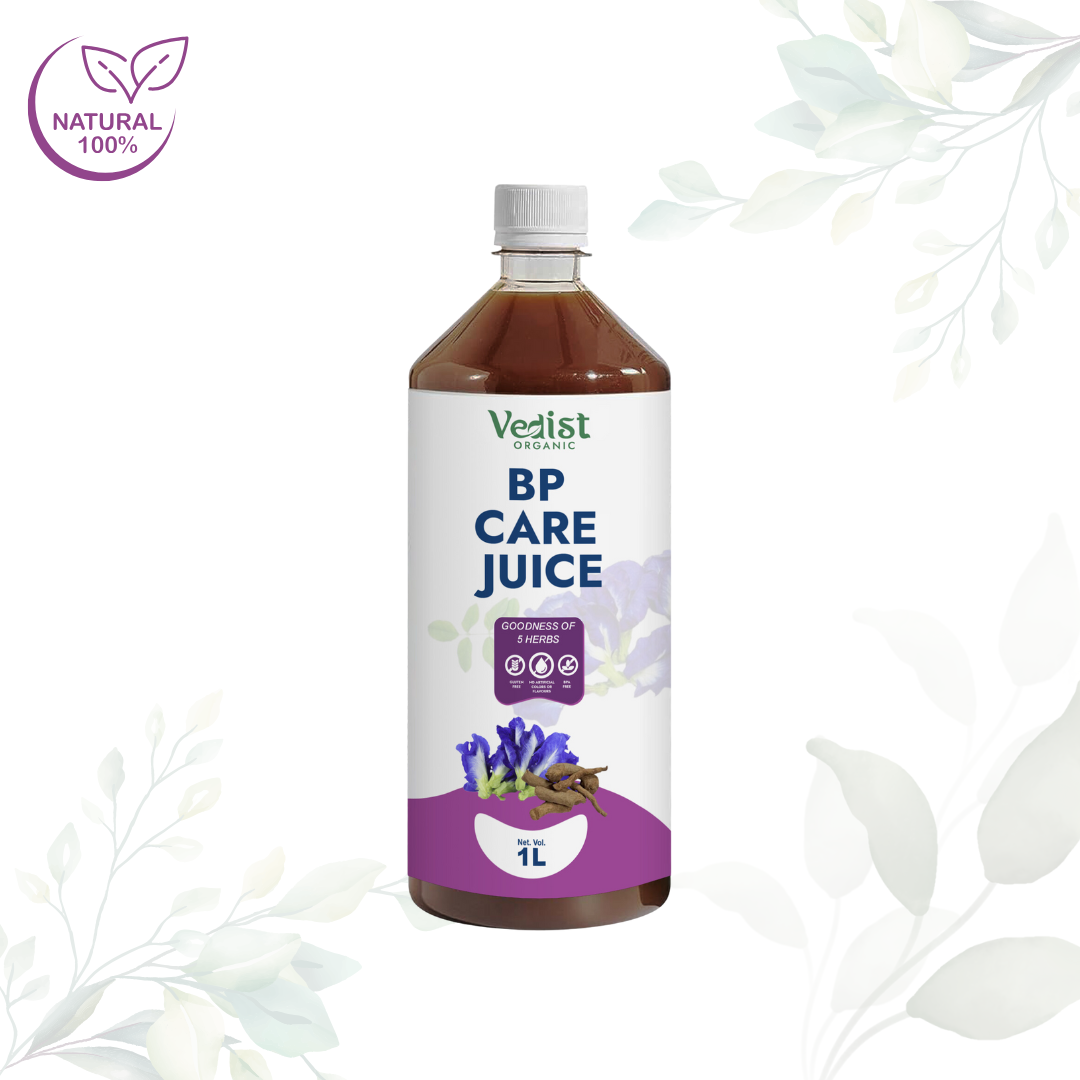
The Role of Organic Diets in Preventing Heart Disease
A healthy lifestyle helps to prevent heart disease. One of the best ways to support cardiovascular health is through diet. Organic diets full of nutrient-rich, pesticide-free foods, offer a natural way to promote a healthy and happy heart. Organic foods for heart care contain no harmful chemicals, which can help to reduce inflammation, lower cholesterol, and improve blood flow.
Do Organic Foods Have Heart Health Benefits?
Organic foods are packed with antioxidants, healthy fats, and essential vitamins. They help to prevent heart disease.
Antioxidants
Organic fruits and veggies often have more antioxidants, like polyphenols and vitamin C. Eating lots of antioxidants can protect your heart. These compounds neutralize harmful free radicals, reduce plaque in your arteries, and boost blood flow.
Nutrient Density
Organic foods pack more key nutrients that support your heart health such as vitamins, minerals, and healthy fats. For instance, organic fruits, vegetables, and whole grains contain plenty of fiber. Fiber helps to lower cholesterol, regulate blood sugar, and reduce your risk of heart disease.
Less Saturated Fat
Saturated fats are known to raise bad cholesterol levels (LDL) in the blood, which increases the risk of heart disease. Organic farming focuses on healthier animal feed and living conditions, which can lead to lower levels of harmful fats in the products.
Reduced Exposure to Pesticides
Pesticides used in conventional farming contain harmful substances that may increase inflammation in the body and contribute to heart disease risk. Organic foods grow without synthetic pesticides or chemicals. You reduce exposure to harmful chemicals, which lowers the risk of heart-related issues.
Organic Foods for a Healthy Heart
Natural foods full of essential nutrients, support heart health. Eating these ten organic foods can help boost heart function overall.
Avocados
Avocados pack a punch of monounsaturated fats. These good fats support overall heart health by lowering the chances of gunk building up in your blood vessels.
What's more, avocados are loaded with potassium, a crucial mineral that plays a part in controlling blood pressure and supporting heart function. The fiber in avocados also pitches into maintaining healthy cholesterol levels, making them a smart choice to eat every day for a happy heart.
Berries
Berries contain lots of antioxidants. These compounds have a link to less inflammation and better blood vessel function. Berries also have plenty of fiber, which helps to lower cholesterol and boost heart health by improving blood flow.
Amla, or gooseberry, is one of the Ayurveda-approved foods, known for its high vitamin C content and potent antioxidant properties. It helps reduce bad cholesterol, strengthens blood vessels, and supports healthy blood pressure levels. Amla also detoxifies the body, which indirectly benefits the cardiovascular system by reducing stress on the heart.
Jamun is another berry that is rich in antioxidants, phytochemicals, and potassium. Jamun helps regulate blood pressure and improve blood circulation. It also supports healthy cholesterol levels and has a calming effect on the body, which aids in reducing heart-related stress.
Eating berries often can cut down the chance of heart disease. They enhance how blood vessels work and reduce stress on cells. This makes berries both tasty and good for your heart.
Leafy Greens
Leafy green vegetables contain high levels of vitamins, minerals, and antioxidants. These include vitamin K, which protects arteries from calcification and lowers the risk of heart disease.
Fenugreek leaves, amaranth leaves, drumstick leaves, and spinach contain rich nutrients that reduce cholesterol, control blood pressure. In Ayurveda, leafy greens not only support heart health but also balance the doshas (Vata, Pitta, and Kapha).
Nuts and Seeds
These foods help with cholesterol control and heart disease prevention. They contain healthy fats that have an impact on cholesterol levels. These fats bring down the levels of bad cholesterol while boosting good cholesterol.
Methi seeds are rich in soluble fiber, reducing the risk of cardiovascular disease. They also contain essential compounds like saponins and flavonoids, which have antioxidant and anti-inflammatory properties that protect the heart.
In Ayurveda, cashews are considered Sattvic foods that provide energy and support heart health. They are rich in monounsaturated fats and magnesium, which aid in improving blood circulation and maintaining healthy cholesterol levels.
Olive Oil
Olive oil contains lots of antioxidants and heart-friendly monounsaturated fats. It lowers bad cholesterol and has an impact on reducing inflammation.
Tomatoes
Tomatoes have plenty of lycopene, an antioxidant that lowers cholesterol and blood pressure, which improves heart health. They’re also high in vitamin C and potassium, key nutrients to keep your heart working well.
Whole Grains
Brown rice and oats come loaded with fiber, which lowers cholesterol and controls blood sugar levels. Eating whole grains often lowers the chance of heart disease.
Beans and Legumes
Chickpeas and black beans pack fiber, protein, and key minerals like magnesium and potassium. These foods help control blood pressure, cut cholesterol, and lower your chances of heart disease.
Conclusion
Eating well helps with disease prevention, offering natural heart protection. Organic fruits, vegetables, whole grains, and healthy fats can enhance your cardiovascular health and lower your risk of heart disease. When you combine an organic diet with other aspects of a heart-healthy lifestyle like exercise, you're taking care of your ticker from all angles. Enjoy a healthier, happier life.
